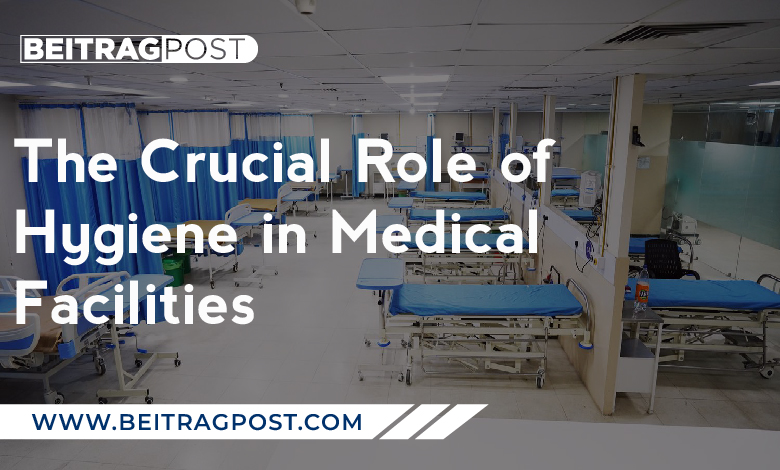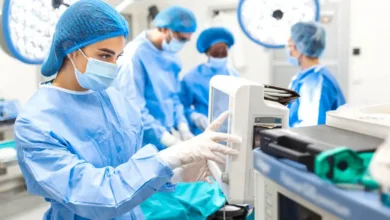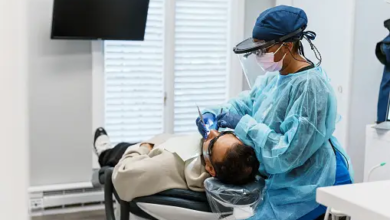The Crucial Role of Hygiene in Medical Facilities: Ensuring Health and Safety Through Professional Cleaning

In the world of healthcare, the importance of maintaining impeccable hygiene cannot be overstated. Medical facilities, from sprawling hospitals to intimate clinics, are battlegrounds against the spread of infections, where the health and safety of patients, as well as healthcare workers, are at stake. Central to the mission of providing safe and effective care is the rigorous adherence to cleanliness and sanitation standards. This is where professional medical cleaning services come into play, offering specialized cleaning solutions tailored to the unique needs of medical environments. By leveraging advanced techniques and stringent protocols, these services play a pivotal role in preventing the spread of diseases and ensuring a hygienic setting for patient care and recovery.
A Foundation for Patient Safety
At the heart of patient safety in medical facilities is the prevention of Healthcare-Associated Infections (HAIs), which are infections patients can get while receiving treatment for medical or surgical conditions. HAIs can be devastating, leading to prolonged hospital stays, significant morbidity and mortality, and considerable financial burdens on the healthcare system. Effective cleaning and disinfection of the healthcare environment by professional medical cleaning services are critical components in breaking the chain of infection transmission.
Specialized Cleaning Protocols
Medical facilities require a level of cleanliness that goes beyond the standard. This necessitates specialized cleaning protocols that are meticulously designed to address the high-risk nature of healthcare settings. Professional medical cleaning services are equipped with the knowledge and tools to execute these protocols, ensuring all surfaces, from high-touch areas like doorknobs and bed rails to critical surgical rooms, are disinfected and sanitized to the highest standards. This specialization extends to the use of EPA-registered disinfectants, adherence to CDC guidelines, and the implementation of best practices in infection control.
The Role of Advanced Technology
Innovation in cleaning technology has significantly bolstered the effectiveness of medical facility hygiene practices. Professional cleaning services employ the latest advancements, from electrostatic sprayers that ensure even coverage of disinfectants on all surfaces to UV-C light technology that provides an additional layer of pathogen eradication. These technological solutions complement traditional cleaning methods, offering a comprehensive approach to hygiene that is essential for patient care environments.
Continuous Education and Training
The landscape of healthcare is constantly evolving, and with it, the strategies for infection prevention and control. Professional medical cleaning providers are committed to continuous education and training, ensuring their teams are updated on the latest guidelines, cleaning techniques, and safety protocols. This commitment to excellence and continuous improvement underscores the importance of specialized cleaning services in maintaining a safe and healthy environment for both patients and healthcare providers.
Conclusion
The role of hygiene in medical facilities is foundational to the delivery of safe and effective healthcare. It is a critical element in the prevention of infections, the protection of vulnerable populations, and the assurance of positive health outcomes. Professional medical cleaning services are at the forefront of this crucial mission, employing specialized protocols, advanced technologies, and a commitment to ongoing education to ensure medical facilities are not just clean, but safe for everyone who walks through their doors. In this endeavor, they are not just cleaning professionals; they are vital partners in healthcare delivery, contributing to the well-being of communities and the advancement of public health.




